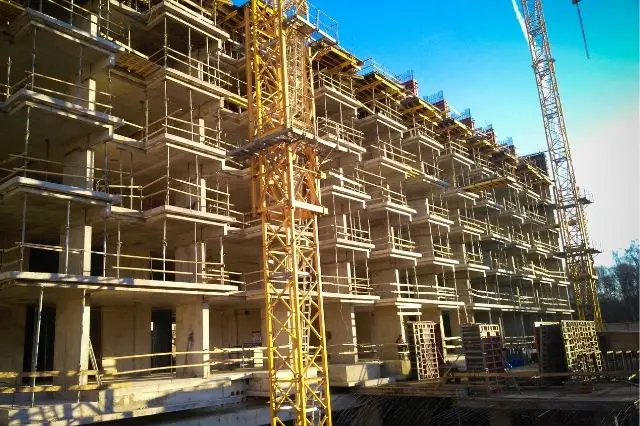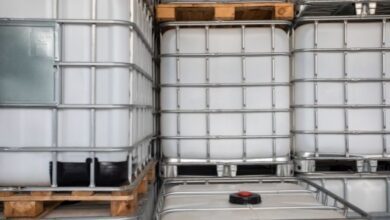Choosing a Hardware Supplier for Your Construction Business: What Should You Consider?

Businesses in the UK are facing unique challenges at the moment, brought on by a variety of factors. One chief issue is that of supply, with the after-effects of the Brexit agreement – coupled with global unrest – leading to shortages in many industries.
As a construction business, your needs include hardware and equipment; needs which could be answered by a single supplier. But choosing such a supplier, especially at the present moment, can be a difficult process. What considerations should you make?
Supply Capabilities
Before you get any further in your deliberations regarding any specific supplier, you should ensure that they can deliver within your expectations and requirements. If you are a large-scale contractor, you may require a volume of goods that a smaller business simply cannot supply – creating an unsustainable bottleneck, should you sign a long-term contract with them.
You should also ensure that any contracts are read through by a legal professional, to ensure that every party knows what they are signing. We recommend taking a few days to consider the contract before committing, think about the other external factors at play that could potentially change your position.
Compatibility with Existing Hardware
The supplier you choose should provide equipment and hardware that is compatible with your existing toolsets, so as to avoid costly refits or mistakes in the ordering process. For example, some Milwaukee drills have removable chucks; these are proprietary parts, and in order to use this capability you will need to be able to order more Milwaukee parts from your supplier of choice.
Compatibility is not merely a technical or even logistical issue. There are wider questions you should be asking about your supplier, their product ranges and your business – for example, relating to brand values and culture. If you are an eco-friendly organisation, your choice of supplier will need to reflect that mission in order to preserve your brand image.
Social media is a powerful tool and can be dangerous for a business’s brand image no matter what industry they operate in. So, it is vitally important to ensure full alignment in values and beliefs before entering into an agreement.
Performance and Quality
You will also need to be assured that the hardware your chosen supplier provides is of high quality and can deliver high-performance results. The consequences of receiving poor-quality equipment can be catastrophic on the worksite, especially where worker safety is at stake.
Equipment failure would naturally bring about a halt to progress and a knock to productivity, as workers wait for new machinery or parts. Vastly more important, though, is the potential effect on worker health. If equipment fails during use, workers using it or even nearby could come to serious harm.
Not only does this have the potential to damage the business, but workplace injuries can lower morale if nothing is done about them. As such, guaranteeing the longevity and superior build quality of equipment from a given supplier is a must.
Cost
An unavoidable component of any business decision regarding suppliers is cost. Budget is an important consideration across the board and can be make-or-break for long-lasting agreements with suppliers. However, cost should not be the main focus of any deliberations. Often, the cheapest available hardware solutions come with a necessary compromise on one of the above considerations, increasing the risk for your business. In all, you need to find a workable medium between the various requirements of your business to foster the best relationship with a supplier. You must also consider long term implications of this partnership; will you want to work with the supplier in 5 years’ time? If so, make sure you maintain the relationship by nurturing it, and being a good partner.





